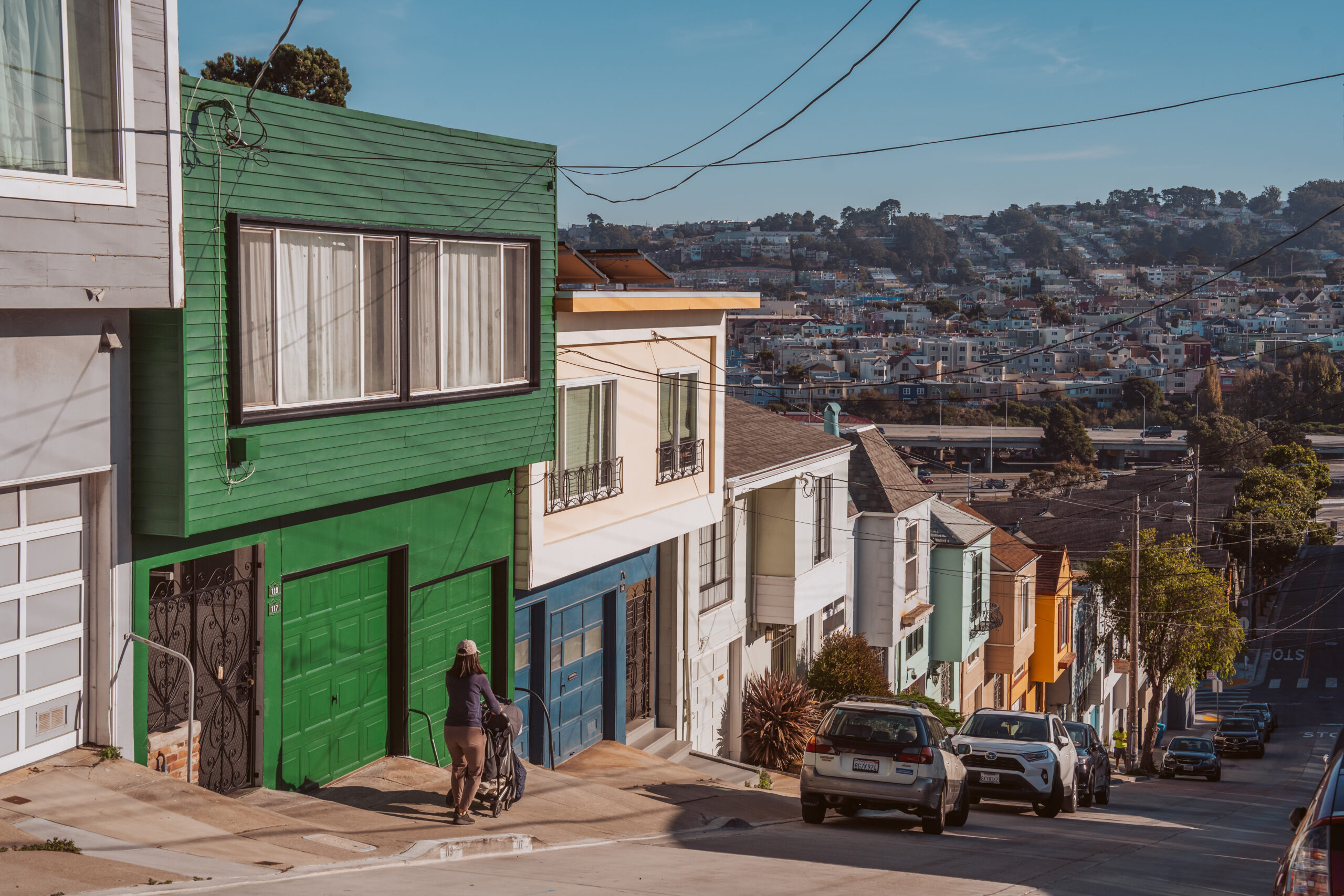San Francisco legislators have committed to an ambitious eight-year plan to authorize 82,000 new homes in the city. But as many city leaders and members of the public noted this week, the real work of actually getting the housing built starts now.
Called the Housing Element, the plan stems from a mandate handed down by the state for every city to write a plan to build more housing every eight years. And this eight-year cycle, the stakes were higher than usual: San Francisco was asked to plan for three times the amount of housing as last cycle. The penalties for not finishing the plan or building the housing are harsher, too.
San Francisco planners cranked a document that suggested rezonings and other changes that would create room for the new housing. Late last week, officials from the California Department of Housing and Community Development greenlighted the plan in its current form.
State Sen. Scott Wiener, who chairs the senate’s housing committee, was instrumental in raising state targets for housing production and took to Twitter to laud the city’s Housing Element.
🧵 SF Board of Supervisors is poised today to approve a strong housing plan (housing element) that plans for 82k new homes in next 8 years: 3x the # of homes planned for in the last plan.
— Senator Scott Wiener (@Scott_Wiener) January 24, 2023
This transformative moment didn’t happen randomly. We changed state law to MAKE it happen:
“An awful lot of work & many barriers remain. But we’ve made incredible progress to get to this moment,” Wiener wrote.
The Board of Supervisors voted unanimously to approve the Housing Element without discussion.
But at a Monday committee vote, some members of the board were less enthused about the state-mandated plan. At that hearing, supervisors vented that it will be difficult to implement the plan and to find funding for the roughly 47,000 affordable units the city plans to add over the next eight years.
“The devil is going to be not in the Housing Element itself, but actual implementation along the way, which is going to be a lot of work and is easier said than done,” said Board President Aaron Peskin at Monday’s Land Use Committee meeting.
In his questions for Eric Shaw, the head of the Mayor’s Office of Housing and Community Development on Monday, Supervisor Dean Preston expressed disbelief that the agency has no plan to purchase and “bank” land for affordable housing and has yet to spend money from Proposition I, a tax he helped pass and hoped would fund such efforts.
“We are losing deals; we are losing sites,” Preston said at Monday’s hearing. “I gotta say, it’s not just a disconnect. It is offensive.”
The Housing Element heads to a second vote next week—typically a formality—and then to Mayor London Breed’s desk for her signature. Finally, it needs certification from the state.
That would normally take over a month, but city planners asked for it to be expedited to Jan. 31 or Feb. 1. That’s to avoid one major penalty, called the “builder’s remedy,” that would mean the loss of local control over zoning. During that time, builders could ram through projects outside of local planning restrictions.
